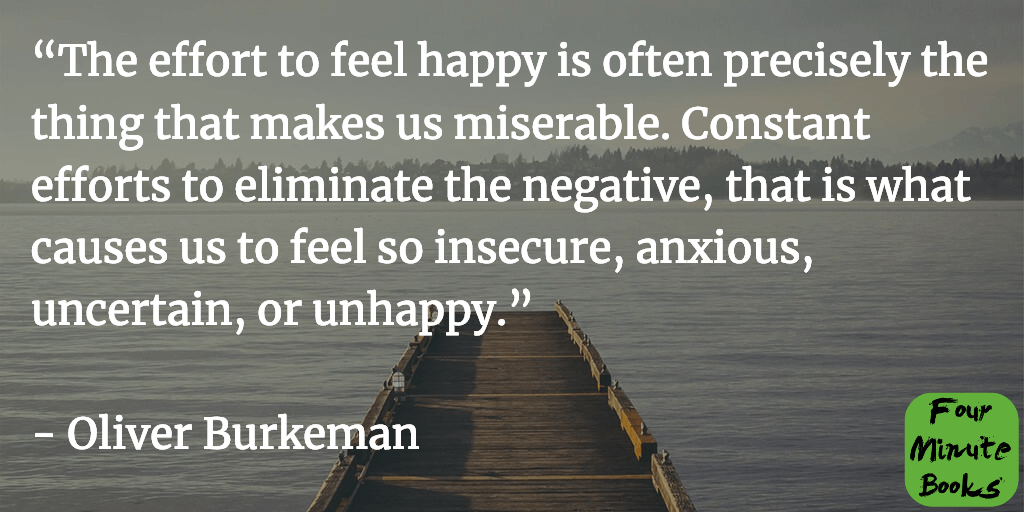

However, he understood human nature, himself by no means an ascetic.

#An antidote to free
In the same way the successful Buddhist eventually reaches a state of nirvana, free from all temporal desire, the successful ascetic will reach a state of ‘will-lessness,’ resulting in a similar sort of serenity. As the ‘will-to-life’ is the very thing responsible for all human suffering, one could free themselves from this suffering by denying the thing that perpetuates it (i.e. The term describes the severely disciplined life associated with that of celibate monks and priests, in which the denial of sex, food, alcohol and many other pleasures is required.įollowing in line with the Buddhist and Hindu traditions, Schopenhauer argued that by cutting all pleasures from one’s life, desire and the related ‘will-to-life’ could be permanently eliminated. Asceticism is simply the denial of all pleasure. The most extreme pathway to the alleviation of suffering is asceticism. We will now analyse these possible pathways in a little more depth.Īsceticism as a Solution to Suffering Monk in White, Seated, Reading by Jean-Baptiste Camille Corot, 1857, via Louvre Museum, France. More specifically, he posited three possible pathways to enable us to alleviate the suffering innate to life. He suggested a few ways of doing this (of how we can deny our ‘will-to-life’). Therefore, he argued, by cutting the ‘thousand threads of willing’ that bind us to the world, we can escape this cycle of suffering (Janaway, 2013). the world as perceived by the senses) is divided and categorised based on its usefulness in our game of attaining and alleviating. Schopenhauer called this our ‘will-to-life’ our self-centered view of the world in which phenomenal reality (i.e. our stake in it) that causes us to suffer. In other words, it is our very connection to the world (i.e. Intrinsic to this cycle of suffering is desire: the desire to attain and to alleviate. The Three Solutions Wilderness by Sanford Robinson Gifford, 1860, via Fine Art America. Thus, in accordance with his philosophy, life is a cycle of continual suffering, in which one’s state of momentary satisfaction is merely suffering yet to form i.e. “desires are unlimited, claims inexhaustible, and every satisfied desire gives birth to a new one” This leads only to more striving and, therefore, more suffering. Soon after buying the iPhone or acquiring the food, we quickly become bored by these things, causing a new perception of lacking to return. In the case of having successfully strived and attained what we wanted, he argues, our escape from suffering and consequential satisfaction is only momentary. Youth Mourning by George Clausen, 1916, from Imperial War Museum, London, via The National Archives. Or, we fail in our striving, and our suffering is now twofold, as not only do we lack but we have to face the reality of our failure too. This is what he calls ‘striving.’ In his opinion, striving has two ends.Įither, our striving is successful and we attain what we previously lacked. However, as humans, we try to put an end to this suffering by attaining what we lack: earning money to buy food or the new iPhone. 1550-60, via The Metropolitan Museum of Art, New York. Either way, we lack these things and therefore suffer from our perception of lacking.Ĭhrist’s Descent into Hell by Follower of Hieronymus Bosch, ca. Equally, we may want the newest iPhone but lack the money to purchase it. For example, we may be without food and the means by which to acquire it, causing us to starve. This perception of insufficiency may be real or illusory. He argues that we are forever – in one way or another – in need of something we feel that we are lacking. Schopenhauer’s philosophy of pessimism was based on two claims: that non-existence is preferable and that our world is the worst of all possible worlds. Arthur Schopenhauer’s Cycle of Suffering Portrait Photograph of Arthur Schopenhauerby Johann Schäfer, 1859, Frankfurt am Main University Library, Germany, via Wikimedia Commons.


 0 kommentar(er)
0 kommentar(er)
